I went on two walks on Saturday. The first started at the intersection of Temple Street and Main Street in downtown Los Angeles, as 11,000 people flooded north underneath a pedestrian bridge while chanting, “Not my president.” It was America’s largest anti-Trump protest since Tuesday’s election.
Flags, banners, and posters preached free religion, free love, and free choice, and condemned fascism, deportation, hate, and pussy-grabbing. Drums, vuvuzelas, and car horns laid a beat for bilingual hymns: “My body, my choice/her body, her choice” mixed with “El pueblo unido, jamás será vencido,” which means “The people united will never be defeated” in Spanish. The gathering was diverse, inclusive, and broad. There will be more walking protests of more specific grievances, but this was a rallying cry. Tracing the 101 freeway, we walked south down Figueroa, past freeway entrances blocked by riot police.
My second walk on Saturday started in the the parking lot of a wine and cheese shop in Hollywood, where I met “The People Walker,” whose real name Chuck McCarthy. He is 6 feet 2 inches tall with Jesus locks, a Duck Dynasty beard, a straw hat, and a hand-drawn shirt that reads “THE PEOPLE WALKER.” McCarthy is an actor who runs a side business walking people for $7 per mile (he averages 25 miles per week.) What started six months ago as an earnest joke has evolved into an enterprise with regular customers, international fans, and a pending trademark application.
McCarthy also recently launched The International Motivational Walkers Association to spread the service. Walking protection feels especially vital after hate crimes and violent threats have escalated in the days since Donald Trump’s election. One example of a similar effort: More than 5,500 New Yorkers have signed an online form created by the Arab American Association of New York to accompany neighbors worried about harassment during local walking commutes.
Pacing up Canyon Drive toward the Bronson Cave in Griffith Park, McCarthy and I talk politics. He supported Bernie Sanders, believes the Democratic Party burned its grassroots, and doesn’t have much faith in the system. As we approach the trail, someone leans out of their car to shout, “People Walker!” McCarthy raises his fist. As we navigate the hills, he shared his thoughts on the power of walking partners and empathy.
Who is The People Walker’s target audience?
My two main things were people who wanted to walk, but not wanting to walk by themselves, and then people just wanting to get motivated. If you think about what a personal trainer really does, the core of what they do, it’s that they’re there. You set an appointment with them to meet them and do something. It’s so much more powerful to the human mind than just telling yourself, I’m gonna go for a jog tomorrow morning.
What has this job taught you about walking?
The first walk I went on, obviously I was worried. I was just kind of like, is this gonna be too weird? What if we don't have anything to talk about? The really great thing about walking and talking is that there's always stuff you can come up with. You’re always seeing something new. There’s always dogs and things. Most people, because we drive so much in LA, most people are like, what is that house? Like in their own neighborhood. ‘I’ve never seen that house!’ Or, ‘I didn't realize those people had a pyramid in their backyard!’ There’s just plenty of stuff that you don’t really see unless you're actually walking around.
How do you hope to grow the motivational walking community?
Theoretically I could grow the business by just hiring people, bringing them on as their sensei, and they would pay me a percentage or whatever. But it’d be better if it was an app and it was something like Uber. If somebody has two hours free, they can just turn it on, and if somebody’s near them, go walk them. I’ve had a couple people send me emails, messages through Facebook, Fmail, asking to be walked like that. I can’t respond fast enough or I’m just not able to. A girl asked to be walked a mile to the post office because she doesn’t like walking through that area because she would get catcalled.
Do you ever get catcalled?
As the People Walker I get catcalled a ton. But even before, I would get catcalled. “Nice beard!” “Hey, Jesus!” “Smile!”
What does a motivational walker provide beyond protection?
It’s a conversation, it’s not a confession, is what I tell people. I’m not playing the psychotherapist or the priest, but I am there to listen to people complain about little things. Have you seen that movie Falling Down with Michael Douglas? Google Falling Down burger scene. Basically I see it as helping sad people from having those little things build up, being able to speak with somebody about the weather, or the world, or whatever.





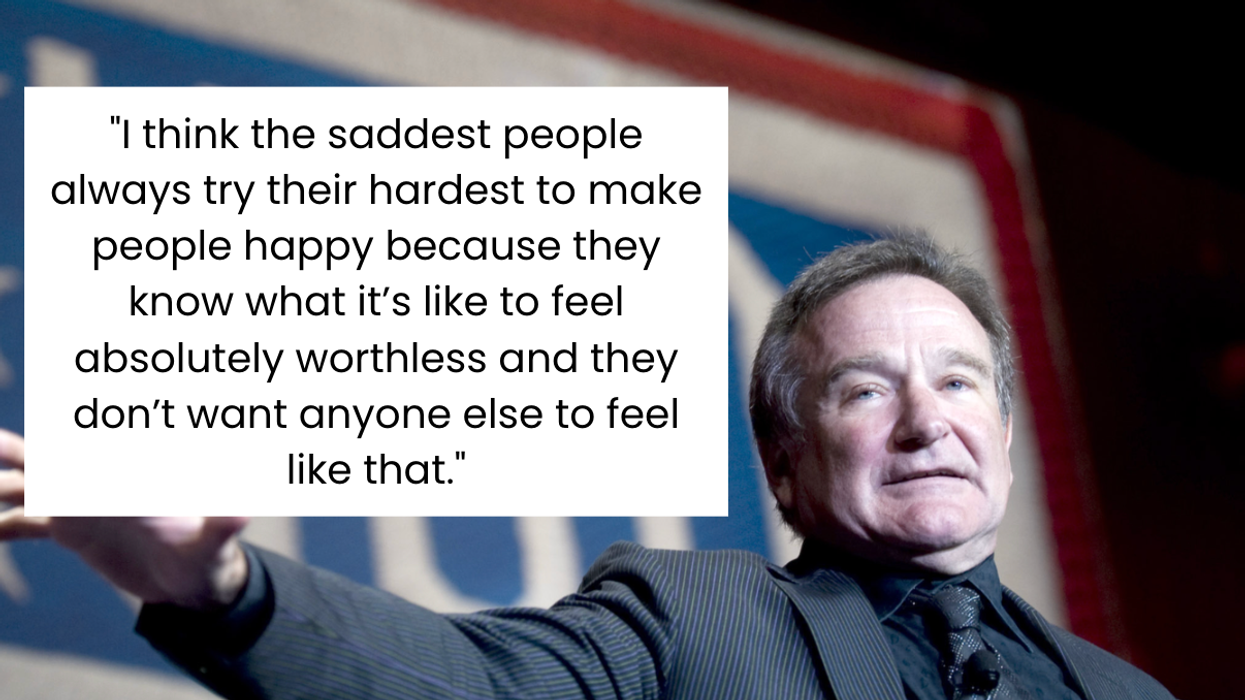







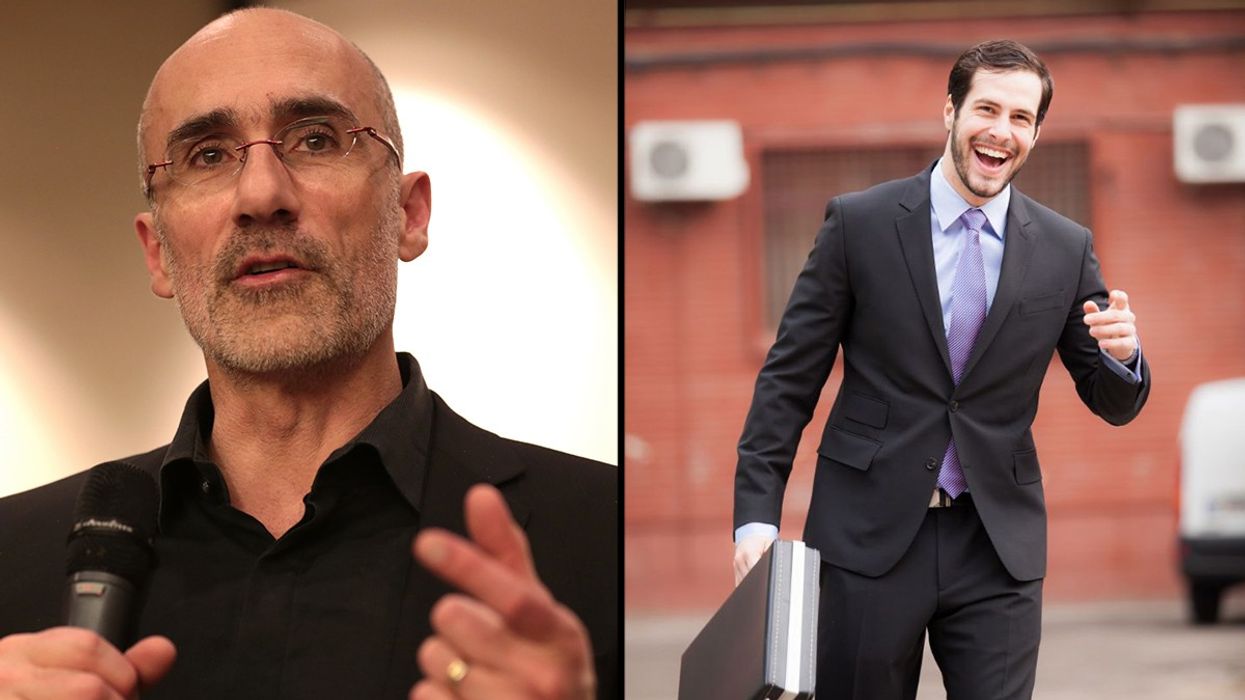
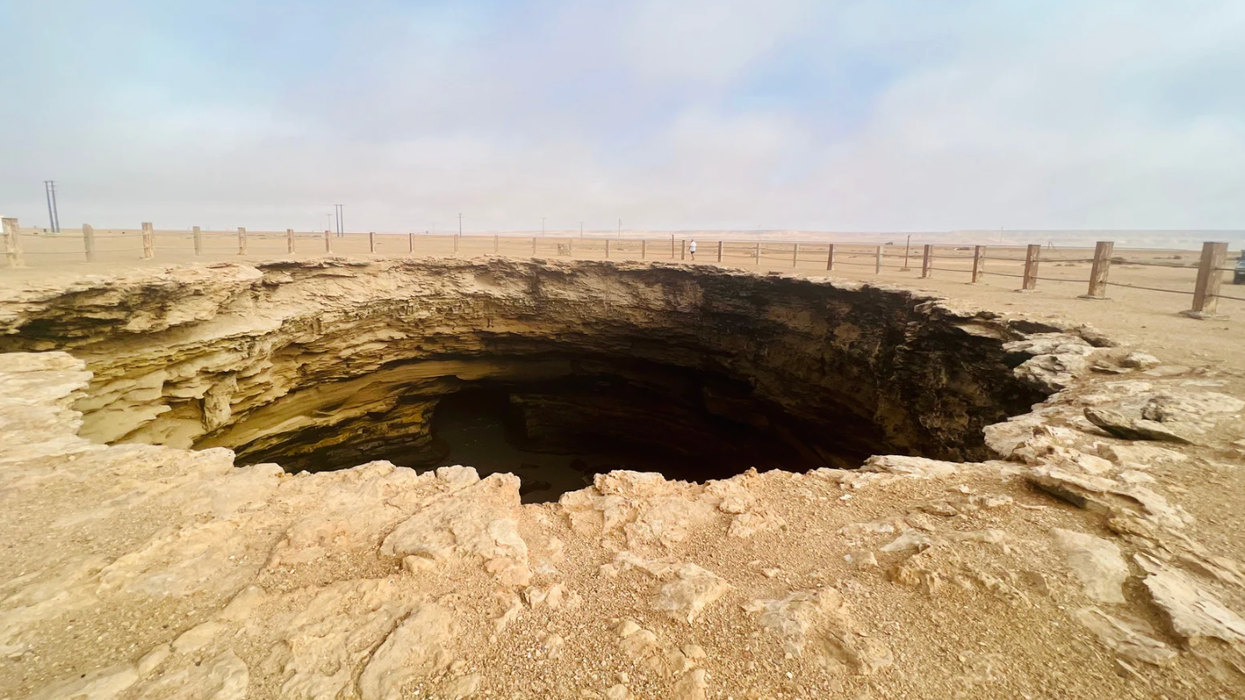
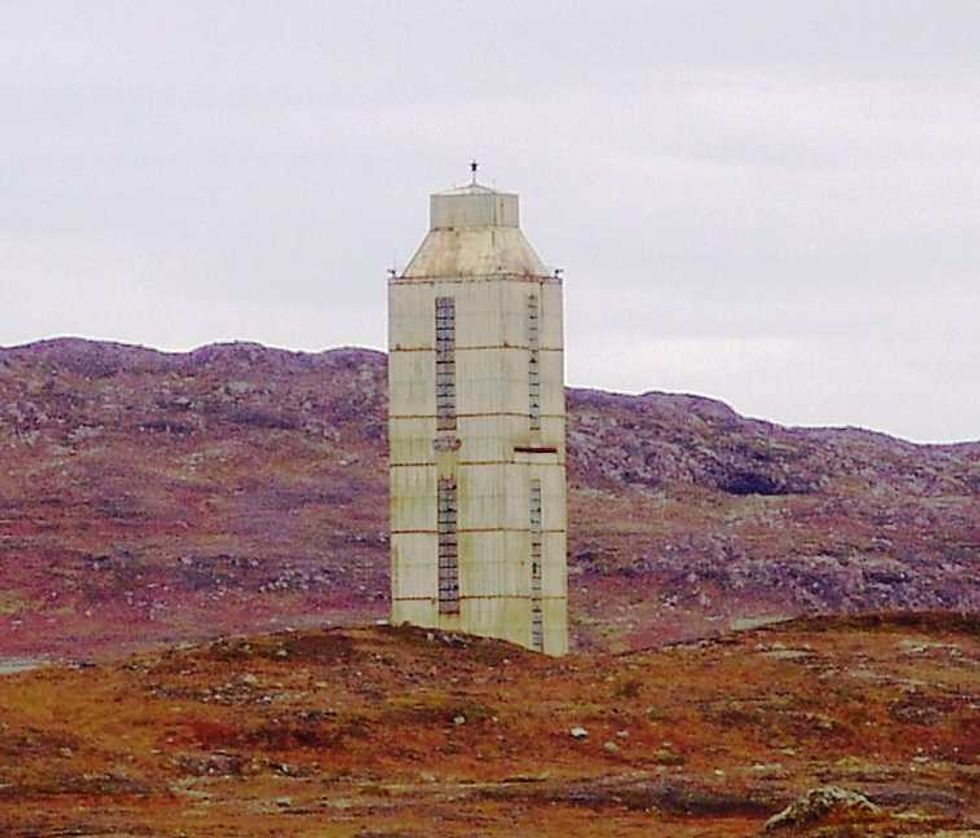 Superstructure of the Kola Superdeep Borehole, 2007
Superstructure of the Kola Superdeep Borehole, 2007 


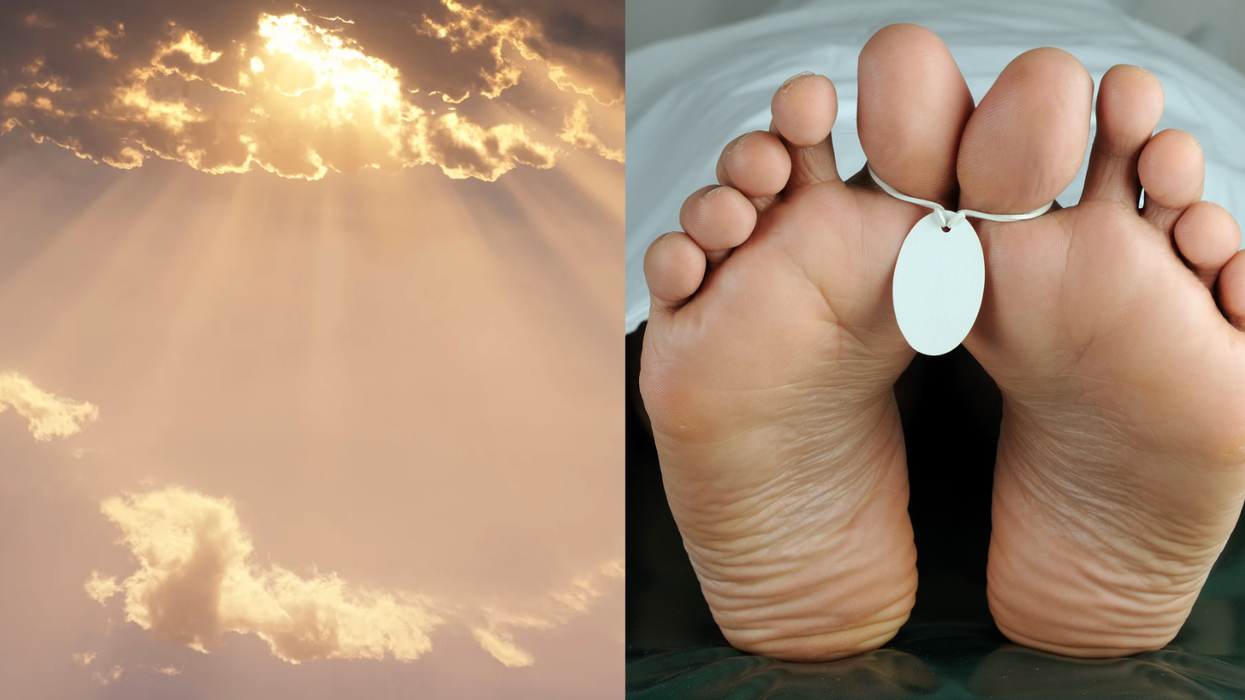
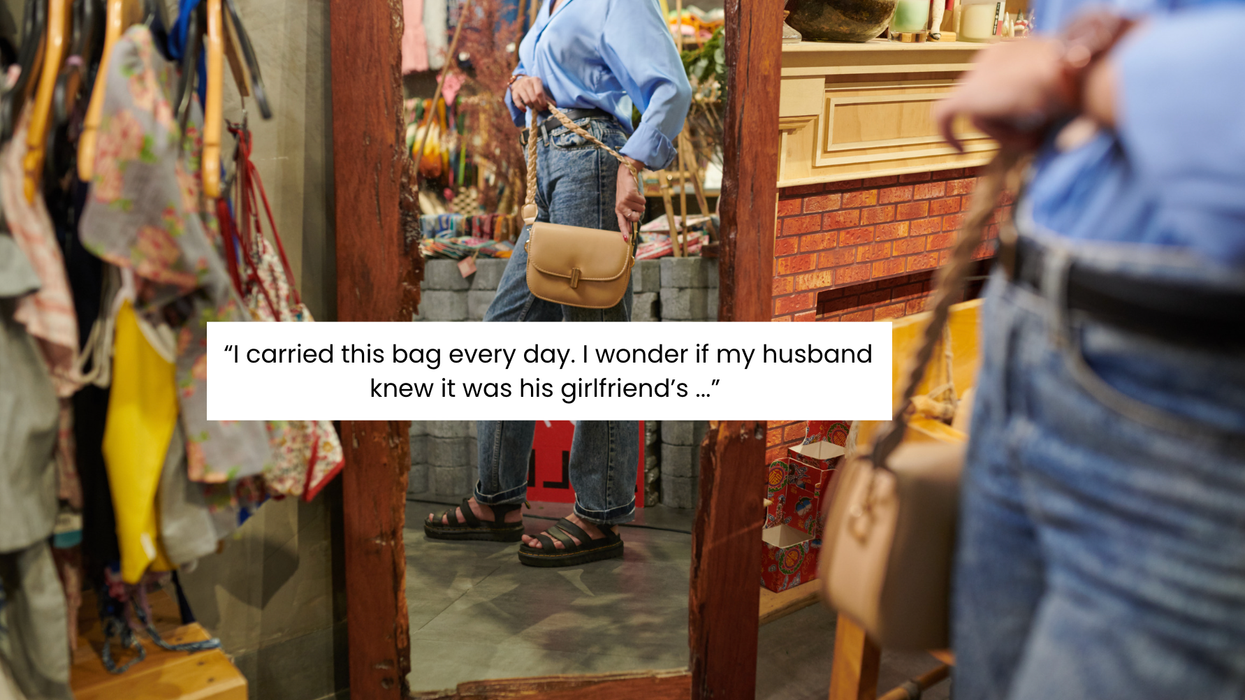
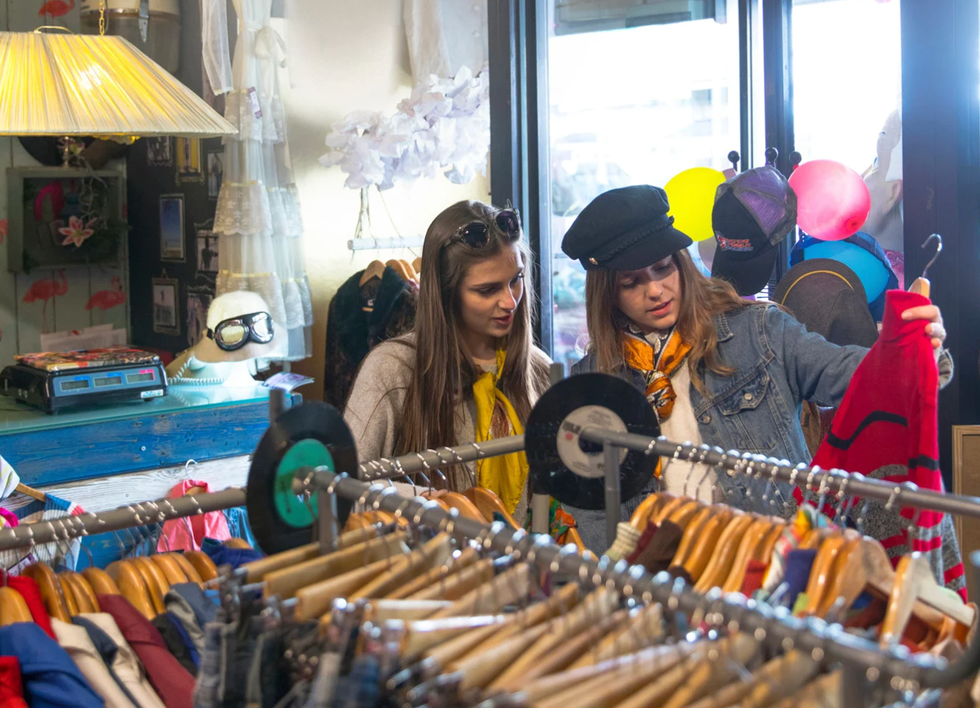 Two women shop at clothing storeCanva
Two women shop at clothing storeCanva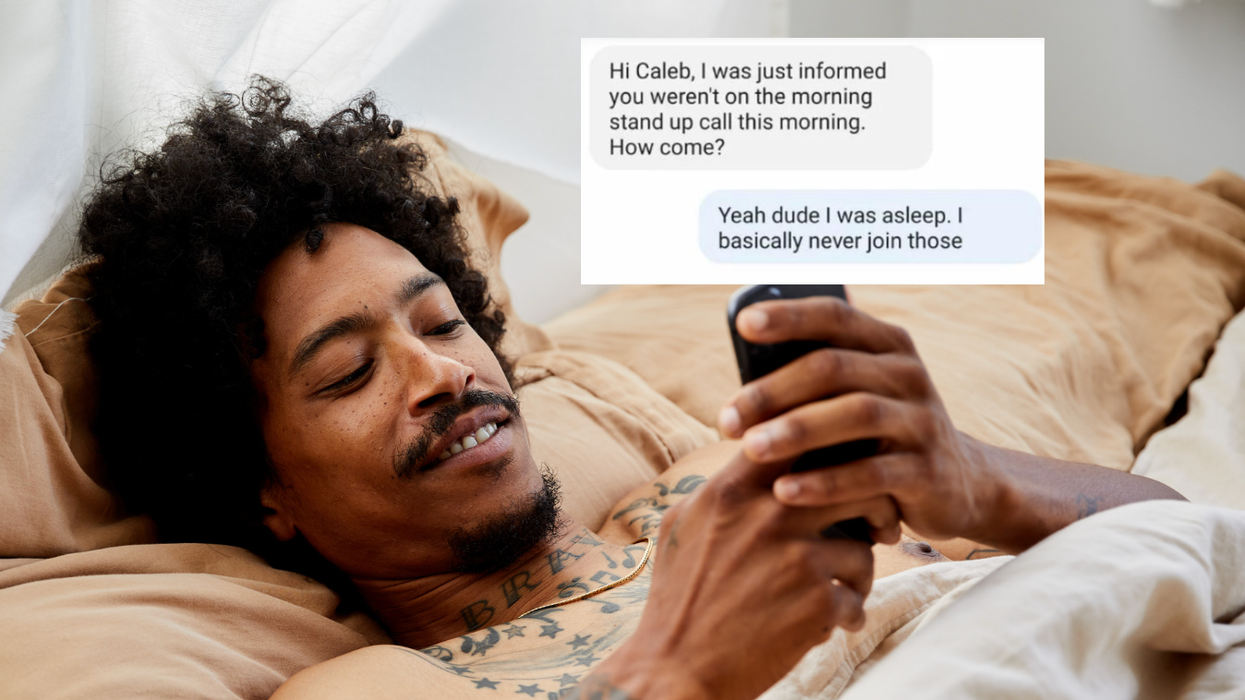
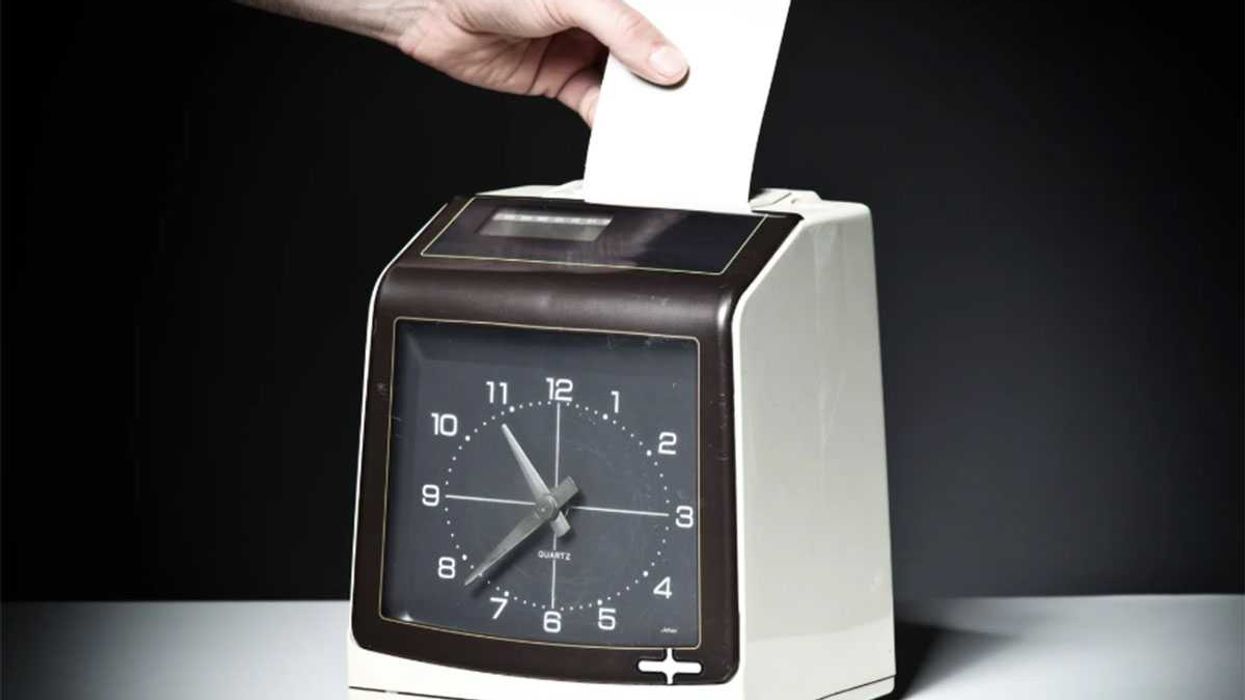
 "I'm watching you..."
"I'm watching you..."  Reddit |
Reddit |